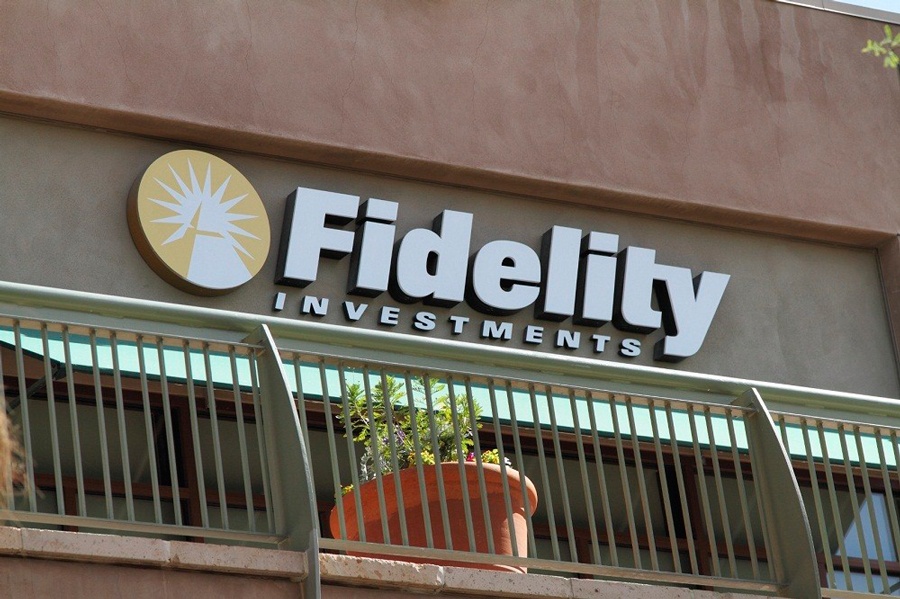As is typically the case when
equity markets turn choppy, financial advisers are paying closer attention to the yields their clients are earning when they
turn to the safety of cash. But for custodians and brokerage platforms that often default cash to
low-yielding accounts, an increased focus on cash by advisers is tantamount to poking the bear.
This was the case Wednesday morning when Fidelity Investments put out a
relatively innocuous press release highlighting that cash management for new retail accounts automatically defaults to a government money market fund yielding 1.91%. The program has been in place since 2015, but stirred emotions of some advisers.
The default account yield of between 10 and 47 times the yields of default options of the other major custodians sparked some initial kudos on social media from the likes of Michael Kitces, until he realized adviser clients are still being defaulted into lower-yielding Fidelity cash options.
Mr. Kitces, partner and director of wealth management at Pinnacle Advisory Group, did not respond to a request for an interview for this story, but his comments on Twitter evolved from celebration to disappointment as it became clear Fidelity was still requiring advisers to jump through hoops for higher cash yields.
"BOOM. Fidelity steps up in cash wars, will start defaulting investors into its 1.91% government money market fund. Immediately highlights yield is 47X TD Ameritrade's cash, 10X Schwab, 27% E-Trade," Mr. Kitces initially tweeted.
But after learning the higher yielding default was only for new retail accounts, the social media influencer changed his tune as part of a morning-long Twitter rant.
"Why would RIA custodians require advisors to proactively trade into higher-yielding cash options instead of defaulting their clients into it? B/c they know not all advisors will do so. Fact that the model persists means they've already validated that not all advisors do so," Mr. Kitces tweeted.
After watching the social media banter unfold, Fidelity spokeswoman Nicole Abbott responded via email that the custodian is giving advisers what they want.
"Our custody clients have multiple cash options available for their customers, including money market funds and our FDIC-insured bank deposit sweep program," she emailed. "Advisers have told us that they want the ability to choose the cash option that is right for their clients."
Recommended video: Identifying adviser rollover opportunities.
For most advisers, cash management is about liquidity and yield, which is why Alex Offerman, senior financial planner at Model Wealth, perked up when he saw Fidelity's press release.
"We custody through TD Ameritrade, and they're cash options are absolutely terrible," he said. "We wanted to buy a Vanguard money market fund, and TD wouldn't allow us to purchase it on their platform, so we're using a Federated money market that's yielding about 2%."
According to Mr. Offerman, TD's FDIC-insured cash sweep account is yielding 48 basis points for the first $500,000, and the yield goes up to 71 basis points at $1 million.
"I don't like restrictions on where our money has to go," he said. "We're now talking about moving our custody business to Fidelity."
In response to a request for comment, TD's director of corporate communications Becky Niiya emailed a statement that read in part, "TD Ameritrade focuses on safety, security, and liquidity in our cash sweep by offering an FDIC-insured bank sweep product. Our sweep is designed to meet transactional cash needs. For clients seeking higher yields, or holding cash as an investment class, we offer access to non-proprietary, no-transaction fee money market funds with market competitive yields."
While most advisers typically keep client cash balances to less than 5% of the portfolio, market volatility is pushing some cash positions higher, underscoring the need for yield especially as the Federal Reserve is now cutting interest rates.
"We've raised cash up to between 10% and 15% in our managed accounts over the past six to eight weeks," said Dennis Nolte, vice president of Seacoast Investment Services.
"We've been talking about cash management for a while and that is now starting to move to the front burner," he added. "Everybody is concerned about yield right now."
The growing focus on yield plays right into the hands of Gary Zimmerman, founder and chief executive of
MaxMyInterest, a cash-management optimization platform designed to capture the highest-possible FDIC-insured savings rates.
"This is sort of a Goldilocks environment for us; similar to March 2009 when the Fed was cutting rates and everyone was looking for yield," he said.
MaxMyInterest, which is linked to custodial platforms at Fidelity and Charles Schwab, requires extra effort on behalf of advisers, but automatically spreads cash in FDIC-insured increments across multiple banks to achieve the highest yield.
Depending on account sizes, yields can be as high as 2.47%.







